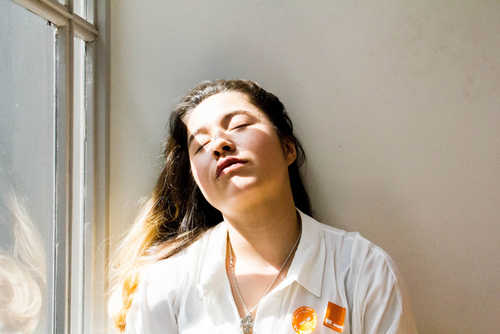The child will not speak if he does not hear speech. Care is manifested not only in feeding and care, but also in communication with the baby. Without hearing the speech addressed to him, the child is not able to expand the passive vocabulary, therefore, will not start and speak well.
Reasons: Individual pace. Each child is unique, develops in its own rhythm. Therefore, if the child did something a couple of months later than the neighbor, you should not be very upset. And start to sound the alarm with a big lag.
We adults are often in a hurry. And this is manifested in everything. We do not allow the child to say a word, he points with his finger at the object he needs, and his parents give it. In this case, the baby does not need to talk. Do not rush the child, let him not only show, but also name the desired subject.
Despite his young age, the baby can be stressed. Strong fright, uncomfortable psychological situation in the family have a negative impact on the development of speech. How trite the phrase would not sound, but children need calm, positive emotions and following the daily routine.
In the formation of an active vocabulary, hearing plays an important role. If the baby does not hear or does not hear speech well, he will also reproduce it.

We will not forget about such factors as a genetic predisposition, the process of pregnancy in mothers.
In any case, if the parent noticed any deviations, it is better to make an appointment with a doctor. A timely noticed problem avoids serious consequences.
Why are small people born?
The main causes of pituitary dwarfism are:
- Genetic predisposition.
- The underdeveloped organs that make up the endocrine system are the pituitary and hypothalamus.
- Bacterial or viral infections that affect the central nervous system.
- Traumatic brain damage and surgery.
- Tumors
- Decreased susceptibility of growth hormone.
- Heredity.
Signs of the disease do not appear immediately, but upon reaching the age of 3-4 years. Over the course of a year, a child adds no more than 2 instead of 5-7 centimeters in growth. There may be complaints of headache, nausea, and vision problems.

A characteristic feature of the pituitary dwarfism is the preservation of harmonious proportions of the body. External changes concern mainly the face with a characteristic wide protruding forehead and a depressed back of the nose. Signs of the disease are also the uneven distribution of body fat, pallor of the skin, and underdeveloped muscles. Intellectually small people develop in the same way as ordinary people, and mentally they correspond to their biological age.



